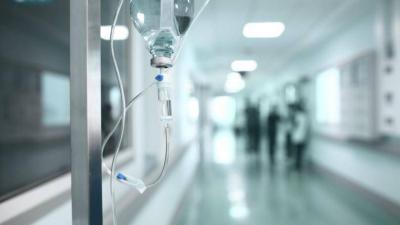The harsh conditions facing the healthcare sector have necessitated the search for solutions to continue operations and avoid closure. Among the most notable solutions is the recent merging of hospitals, where the management of a hospital struggling to provide services due to its financial situation joins another financially stable hospital. The bleak economic, financial, and monetary situation in Lebanon has made operational costs exorbitant, while payment of bills and medical dues has become a challenge.
Regarding the merger operations, the president of the Private Hospitals Association, Sleiman Haroun, stated to "Al-Markazia" that an agreement has recently been made to merge the Saint Charles Hospital and the Monsignor Qartabawi Hospital with Saint Joseph University in Beirut. He noted that these steps are preferable as they are the only option instead of closure. Some hospitals have the financial capacity to support others in maintaining and enhancing their operations, such as the "Hotel Dieu Hospital." He mentioned receiving numerous complaints from many hospitals threatening closure due to the difficulty of securing operational costs, but there are no further mergers planned in the foreseeable future.
Haroun emphasized that merging is not easy because private hospitals owned by individuals often have shared ownership among family members, thus having specific laws, operational methods, and connections that differ from one private hospital to another, making it challenging to merge them under common ownership. In normal circumstances, one hospital could buy another, but under the current financial distress, none can pursue acquisitions.
On another note, Haroun pointed out that the public sector employees' strike has caused delays in all hospital transactions, such as billing and payment schedules in official administrations. He affirmed the hospitals' support for the employees' legitimate demands, stressing the importance of them receiving their rights, without asking for exceptions for hospitals, as this might affect the employees' stance. He called on the government to work on securing their rights so they can fulfill their duties.
Additionally, the issue of diesel is worsening according to Haroun, as electricity cuts from Electricité du Liban have reached a peak, sometimes lasting up to 24 hours, making the cost of diesel for generators astronomical. This has become one of the biggest challenges facing the sector today. He noted that the suffering remains the same, continually hindering the provision of healthcare services smoothly. As for COVID-19, he reassured that hospitals are still capable of accommodating the number of patients, with most cases not requiring hospitalization.




